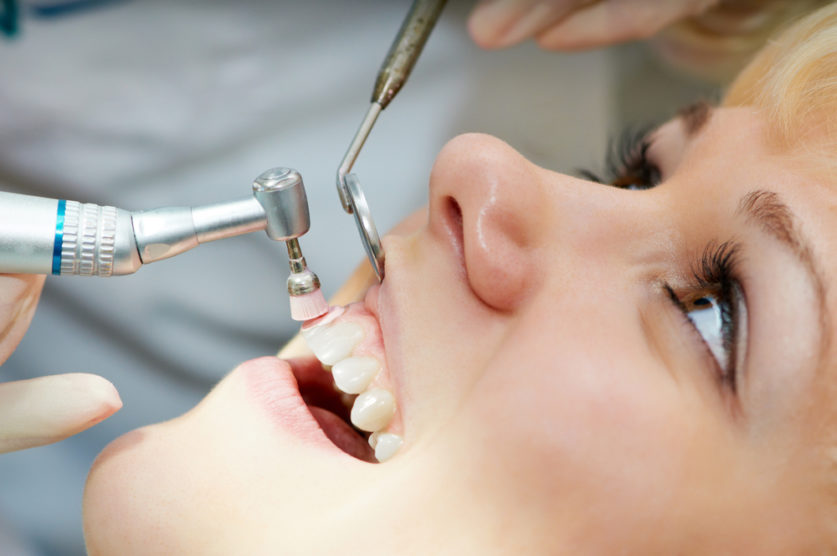You’ve probably heard that deep cleaning your teeth is important to prevent cavities and other dental problems. While this may be true, there are some disadvantages of deep cleaning teeth that you should be aware of before you make the decision to do so. As with most things in life, moderation can make all the difference in whether deep cleaning your teeth is ultimately positive or negative. Here are five of the most common disadvantages of deep cleaning your teeth.
1) Tooth sensitivity
If you already have sensitive teeth, then deep cleaning your teeth can further exacerbate your problem. This is especially true if you use a scraper or sharp objects to get rid of built-up plaque and food remnants on your teeth. Be sure to visit your dentist at least once every six months for regular professional cleanings instead. If you feel that you really need to deep clean your teeth, consider using a soft-bristled toothbrush and floss instead. These will allow you to scrape off surface debris without causing any damage to dental enamel or gums.
2) Damage to tooth enamel
All toothpastes have a few ingredients in common, including sodium lauryl sulfate and triclosan. While some toothpastes advertise antibacterial effects, there is little evidence that these claims are true. Plus, some researchers have discovered that triclosan can damage tooth enamel—which makes your teeth more vulnerable to cavities—and may also contribute to gum disease and low birth weight in infants born to mothers who used toothpaste with triclosan during pregnancy. These risks far outweigh any benefits from using anti-bacterial products on your teeth.
3) Damaging your gums
One disadvantage to deep cleaning your teeth is that it can be damaging to your gums. Scrubbing too hard can irritate and pull at your gums, causing inflammation and even bleeding. This causes pain, which in turn makes it harder for you to brush properly. Damaged gums are more likely to develop cavities or periodontal disease, which will require treatment by a dentist—and cost you money.
4) Increased plaque buildup
Many dentists recommend regular cleanings by a dental hygienist. While it’s not uncommon for people to use alternative methods, such as brushing with an old-fashioned hollow ground style toothbrush, or switching from paste to powder, there are disadvantages of deep cleaning teeth. In addition to being difficult to replicate in your home, these techniques can increase plaque buildup. When you don’t properly remove plaque (made up of bacteria and food particles), it builds up on your teeth and can lead to cavities, tooth decay and other issues that can cost you more money down the road in terms of dental visits and procedures.
5) Changes in taste perception
One disadvantage of deep cleaning your teeth is that it can result in a change in taste perception. Some people notice that their ability to taste sweet and salty foods seems to diminish after being deep cleaned, or they say their sense of smell is affected for several days. Although there’s no definitive reason for these changes, many dentists believe that getting one’s teeth deep cleaned too often can cause permanent damage to nerve endings within the tongue—and that change in taste perception might be an indirect result. Either way, remember not to schedule too many deep cleanings per year: The ADA recommends only two or three within a six-month period at most.

